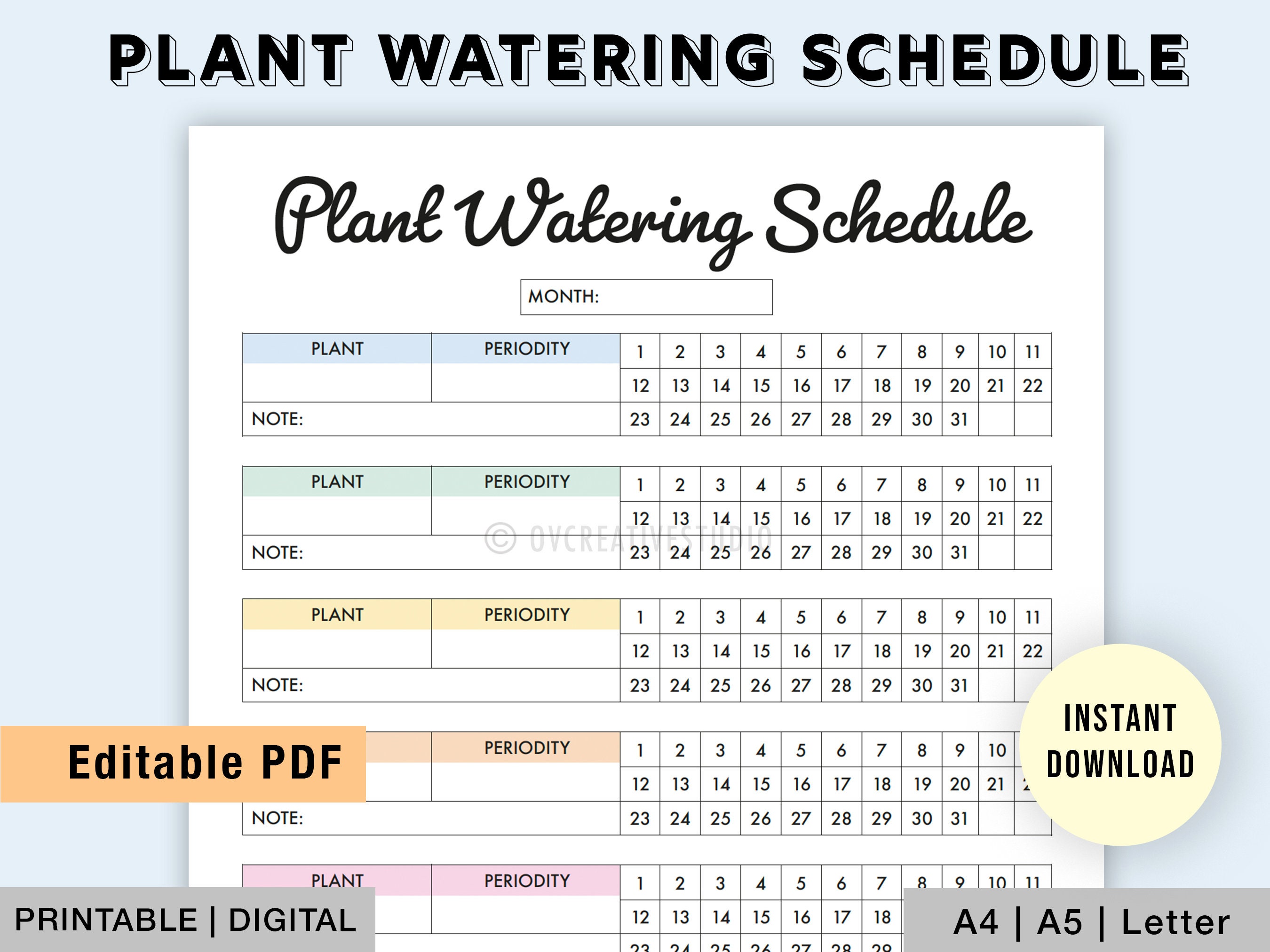Optimize Raised Bed Gardens, Perfect Watering Schedules

Optimize Raised Bed Gardens: Perfect Watering Schedules for Thriving Plants
Gardening in raised beds is a joy, but it's not without its challenges. One of the most crucial aspects of garden maintenance is watering. So, how do you know if you're doing it right? Let's dive into the world of watering schedules for raised bed gardens and make sure your plants are as happy as can be.
Understanding Raised Bed Gardens
Raised bed gardens are a fantastic way to grow vegetables, flowers, and herbs. They provide excellent drainage, protect your plants from pests, and make gardening a breeze. But with great power comes great responsibility – you're in charge of soil moisture and plant health, and that starts with watering.
Why Watering Schedules Matter
You might think, "Can't I just water when the plants look thirsty?" Well, yes, but that's like saying, "Can't I just eat when I'm hungry?" Sure, it works, but planning meals is healthier. The same goes for plants. A consistent watering schedule ensures your plants get the hydration they need, when they need it.
Factors Affecting Watering Frequency
Climate
Hot, dry climates require more frequent watering than cool, wet ones. It's like you needing more water after a run on a hot day.
Soil Type
Some soils, like sand, drain quickly and need more water. Others, like clay, hold moisture longer. It's like the difference between a sieve and a bowl.
Plant Type
Different plants have different needs. Shallow-rooted plants need watering more often than deep-rooted ones. It's like comparing a sprinter (shallow) to a marathon runner (deep).
Season
Plants need more water in the growing season and less in the dormant season. Think of it as eating more when you're active and less when you're resting.
Creating the Perfect Watering Schedule
The Finger Test
The simplest way to check soil moisture is the finger test. Stick your finger about 2 inches into the soil. If it feels dry, it's time to water. This method is old-school but effective.
Use a Moisture Meter
If you prefer tech, a moisture meter is a handy tool. It measures soil moisture and tells you when to water. It's like a fancy version of the finger test.
Consider an Irrigation System
For the ultimate in convenience, consider an irrigation system. Drip irrigation is perfect for raised beds. It delivers water directly to the roots, reducing waste and promoting plant health. Check out this guide for more on irrigation systems.
Watering Techniques for Raised Beds
Deep Watering
Deep watering encourages root growth. Instead of watering a little every day, water thoroughly a few times a week. Think of it as eating a big meal instead of snacking all day.
Water the Soil, Not the Leaves
Wet leaves can lead to disease. Aim your watering can or hose at the soil, not the plant. It's like washing your hands, not your face, after gardening.
Mulch Matters
Mulch helps retain soil moisture and regulates temperature. It's like a blanket for your plants. Organic mulch, like straw or wood chips, is best for raised beds.
Signs of Overwatering and Underwatering
Overwatering
Yellowing leaves, wilting, and mold are signs of overwatering. It's like feeling bloated and sluggish after eating too much.
Underwatering
Wilting, dry soil, and slow growth are signs of underwatering. It's like feeling faint and weak from not eating enough.
Adjusting Your Watering Schedule
Don't be afraid to adjust your watering schedule. Plants' needs change over time. It's like changing your diet as you age or your activity level changes.
Conserving Water
Water is a precious resource. Collect rainwater, use mulch, and consider drought-resistant plants to conserve water. It's like carpooling to save gas.
Conclusion
Creating the perfect watering schedule for raised bed gardens is a blend of art and science. It's about understanding your plants, your soil, and your climate. It's about observing, adjusting, and conserving. But most of all, it's about loving your garden and wanting the best for it. So, grab your watering can and let's grow something beautiful.
FAQs
Q: How often should I water my raised bed garden? A: It depends on your climate, soil, and plants. Generally, a thorough watering 2-3 times a week is sufficient.
Q: What's the best time to water plants? A: Early morning or late evening are best. This reduces evaporation and gives your plants time to absorb the water.
Q: Can I use tap water for my garden? A: Yes, but it's better to use rainwater if possible. Tap water can contain chemicals that aren't great for plants.
Q: How can I tell if my plants are overwatered? A: Look for yellowing leaves, wilting, and mold. These are all signs of overwatering.
Q: Should I water my plants every day? A: Usually, no. Most plants prefer a thorough watering every few days rather than a little water every day.
0 Response to " Optimize Raised Bed Gardens, Perfect Watering Schedules"
Post a Comment